RFK Jr.’s Strategy Stumbles, Forced to Stay on Michigan Presidential Ballot
Robert F. Kennedy Jr., once a contender in the presidential race, has hit an unexpected roadblock.
Despite suspending his campaign and endorsing former President Donald Trump, a Michigan judge has ruled he must remain on the November ballot. This twist adds a new layer of complexity to the election dynamics in this key battleground state.
The Michigan Ruling That Changed Everything
In a crucial decision, Judge Christopher P. Yates of Michigan’s Court of Claims ruled against Kennedy’s request to be removed from the ballot.
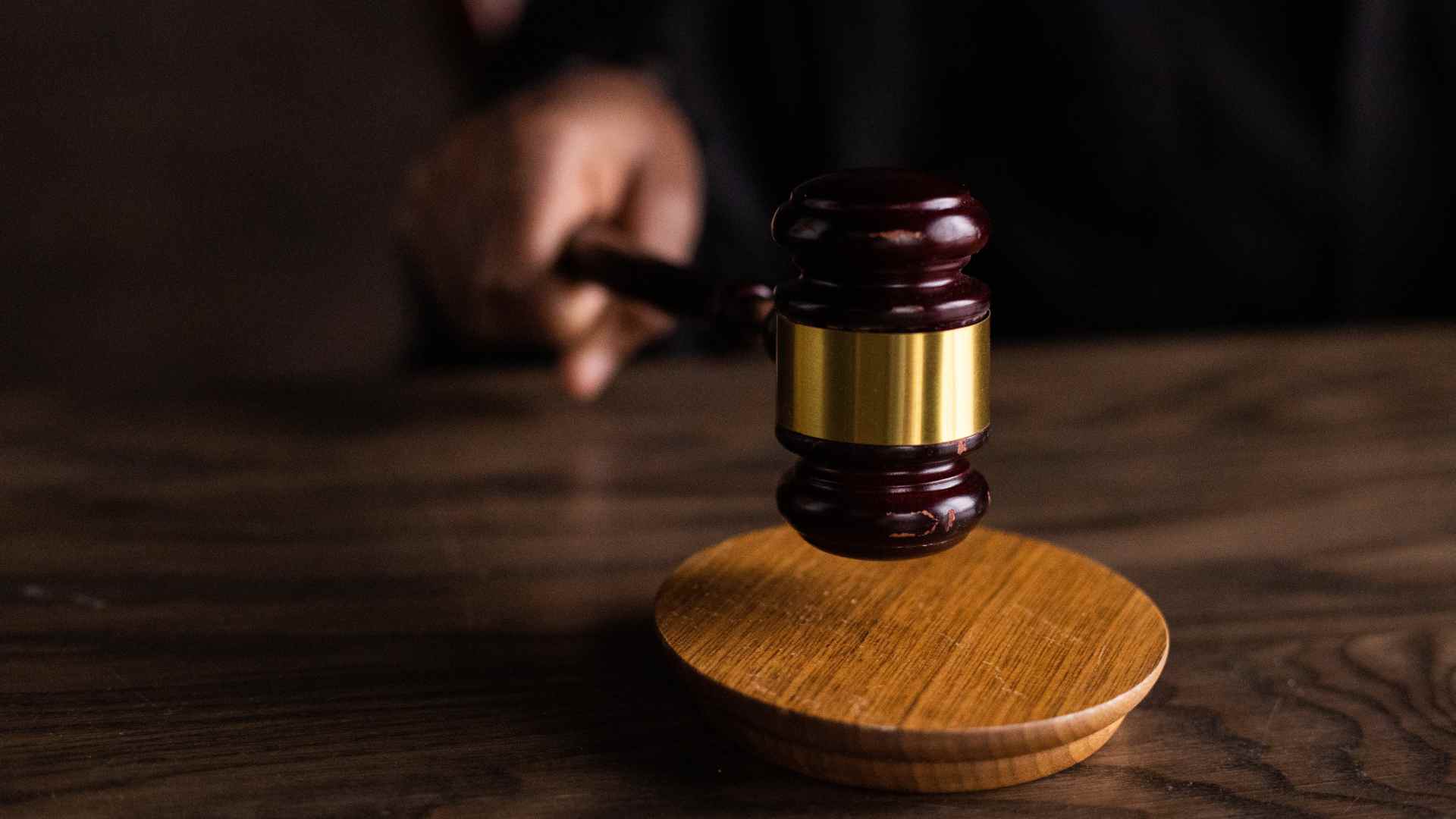
Source: Katrin Bolovtsova/Pexels
The judge emphasized that elections “are not just games,” and the Secretary of State is not required to cater to a candidate’s whims, solidifying Kennedy’s spot on the ballot.
The Battleground Strategy
Michigan, a significant battleground state, has been at the center of Kennedy’s controversial strategy.
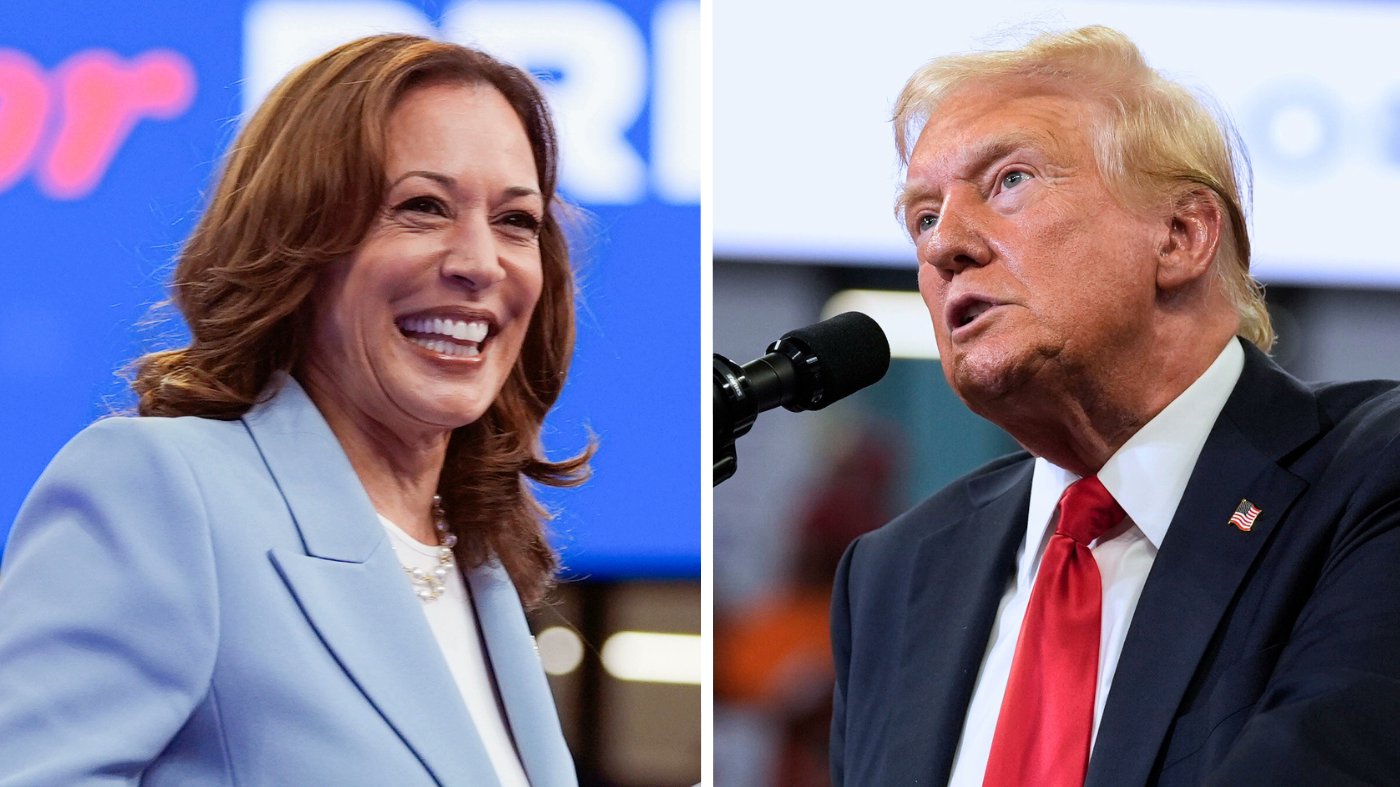
Source: @USA_Polling/X
He aimed to withdraw his name from states like Michigan, where his presence might inadvertently assist Kamala Harris, while staying on ballots in states unlikely to influence the Trump-Harris showdown. The judge’s ruling has essentially derailed this strategic maneuver.
Legal Hurdles in the Court of Claims
Kennedy’s legal team, led by Aaron Siri, argued that keeping Kennedy on the ballot “upends ballot integrity.”

Source: Freepik
However, Michigan’s election laws are clear: candidates nominated by minor parties cannot withdraw. The judge’s decision aligns with state regulations, leaving Kennedy with few legal options.
Parallel Battles in Other States
Michigan isn’t the only state where Kennedy is facing challenges. In North Carolina, he filed a similar lawsuit after the state’s Board of Elections refused to remove his name, citing the cost and logistical issues with reprinting 1.7 million ballots.
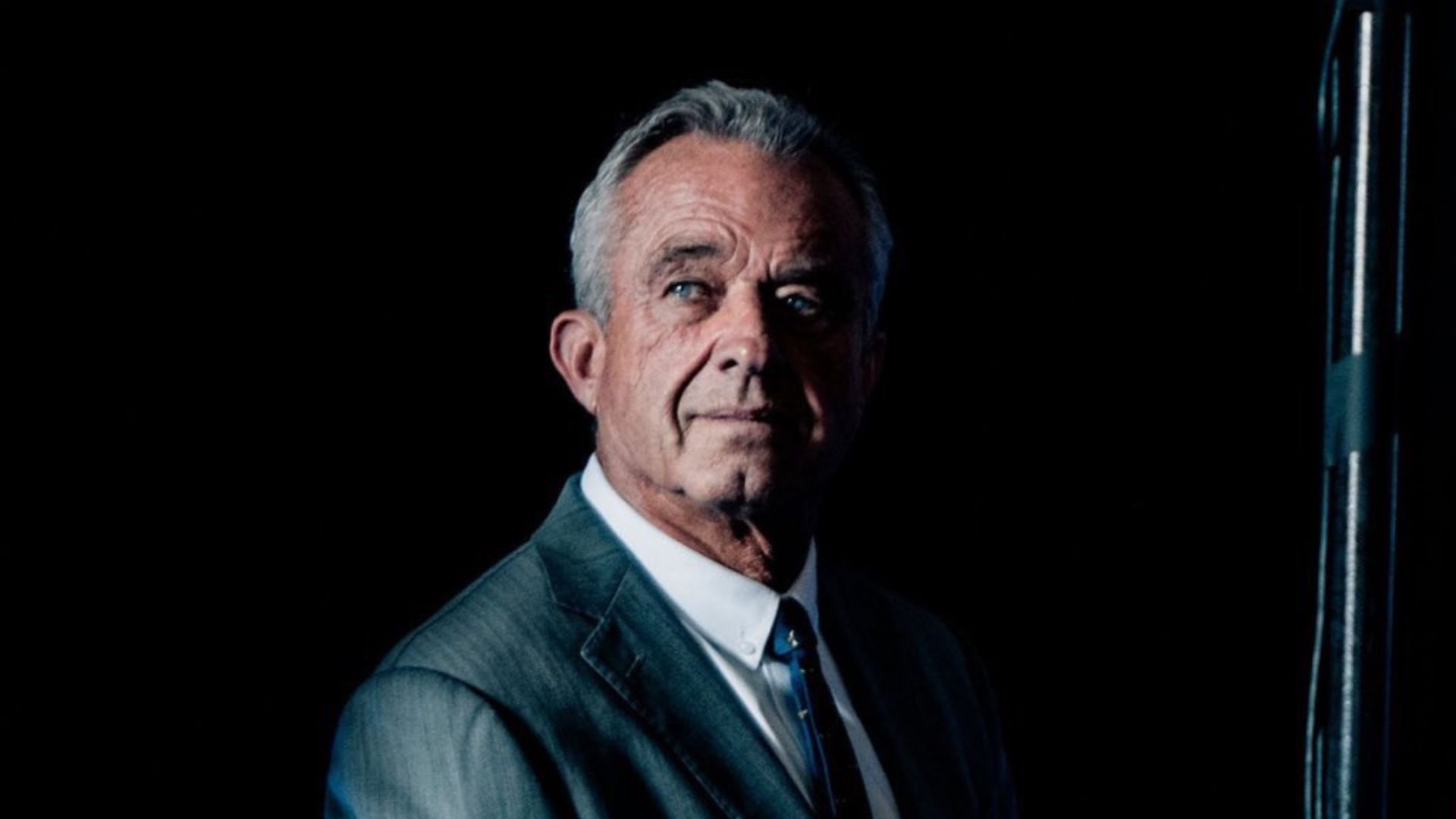
Source: @sheislaurenlee/X
Kennedy’s withdrawal strategy is hitting consistent obstacles across battleground states.
The North Carolina Controversy
In North Carolina, Kennedy’s lawsuit argues that forcing him to remain on the ballot violates his constitutional rights.
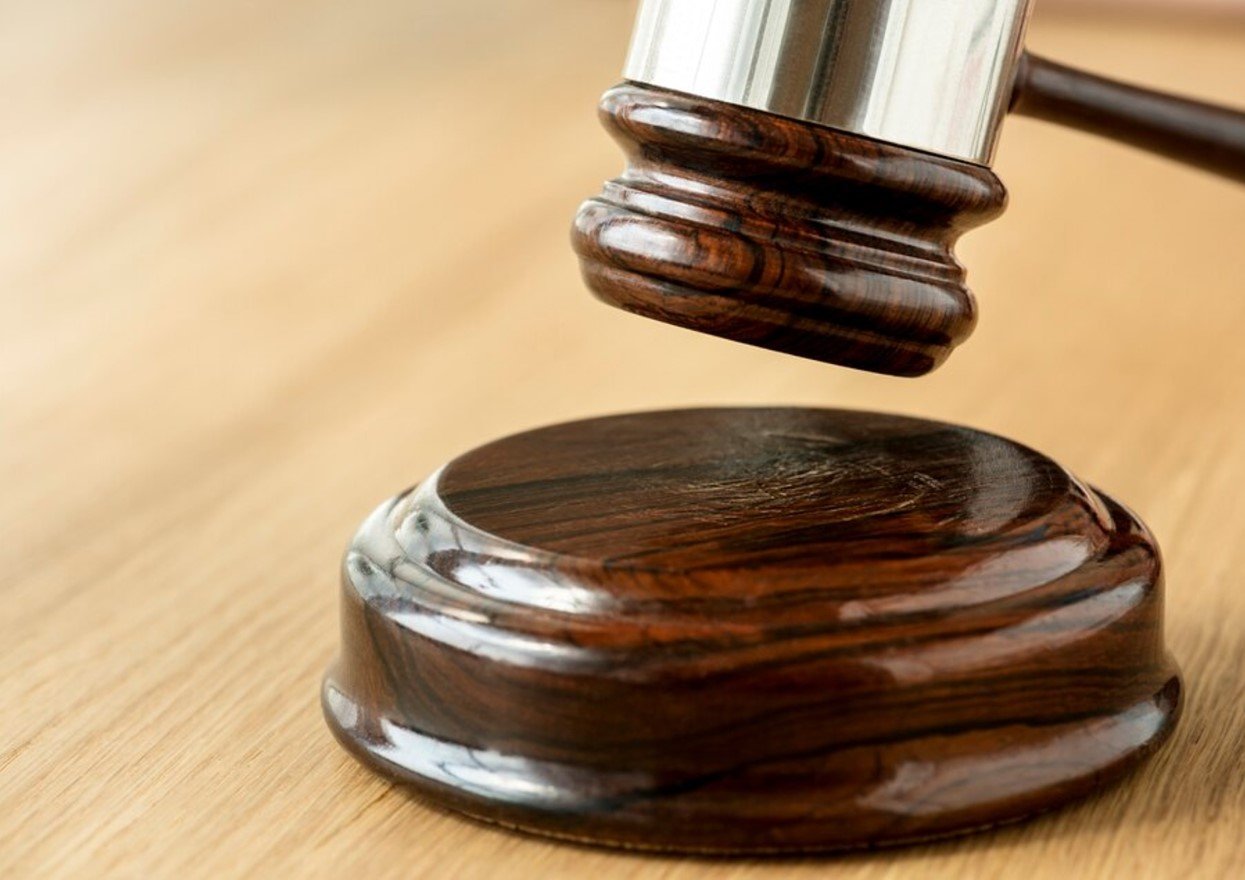
Source: Freepik
The state board’s executive director, Karen Brinson Bell, explained that halting ballot printing could interfere with absentee voting and incur significant costs. Despite RFK Jr.’s arguments, the board voted to keep Kennedy’s name on the ballot.
A Failed Attempt to Change the Game
Kennedy’s attempt to alter the election landscape has faced repeated setbacks. He hoped his withdrawal could influence close races, but so far, his efforts have been blocked in Michigan, North Carolina, and Wisconsin.
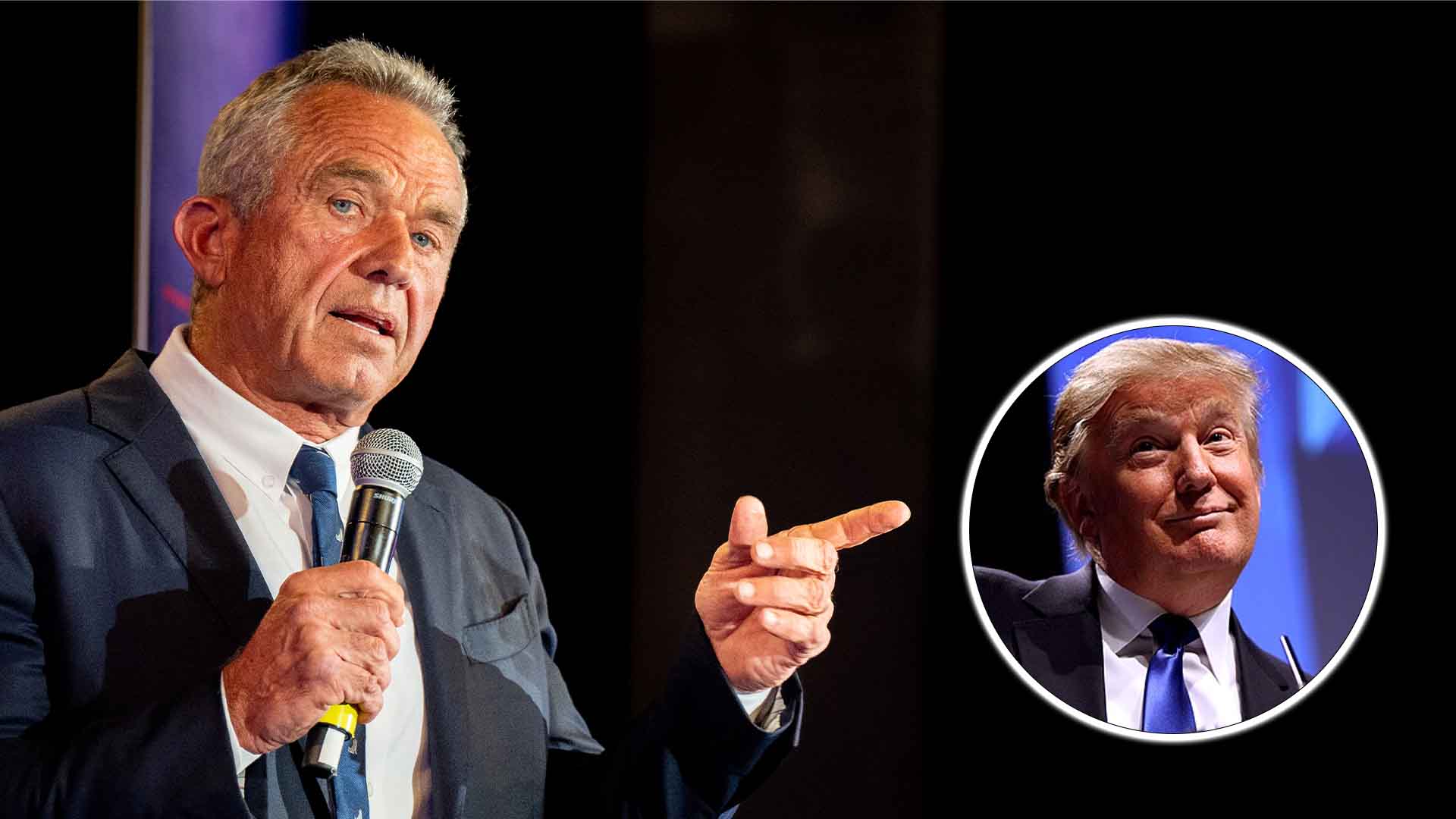
Source: Brandon Bell/Getty Images; Gage Skidmore/Wikimedia Commons
The courts have been clear: once on the ballot, it’s not easy to come off.
Mixed Results Across the Country
While Kennedy’s efforts have failed in some states, he has succeeded in removing his name in others, like Pennsylvania, Nevada, and Arizona.

Source: Freepik
These mixed results demonstrate the complexities of election laws and the challenges candidates face when trying to alter their strategies mid-campaign.
Impact on the 2024 Election
Kennedy’s presence on the ballot, despite his intentions, could have significant implications.
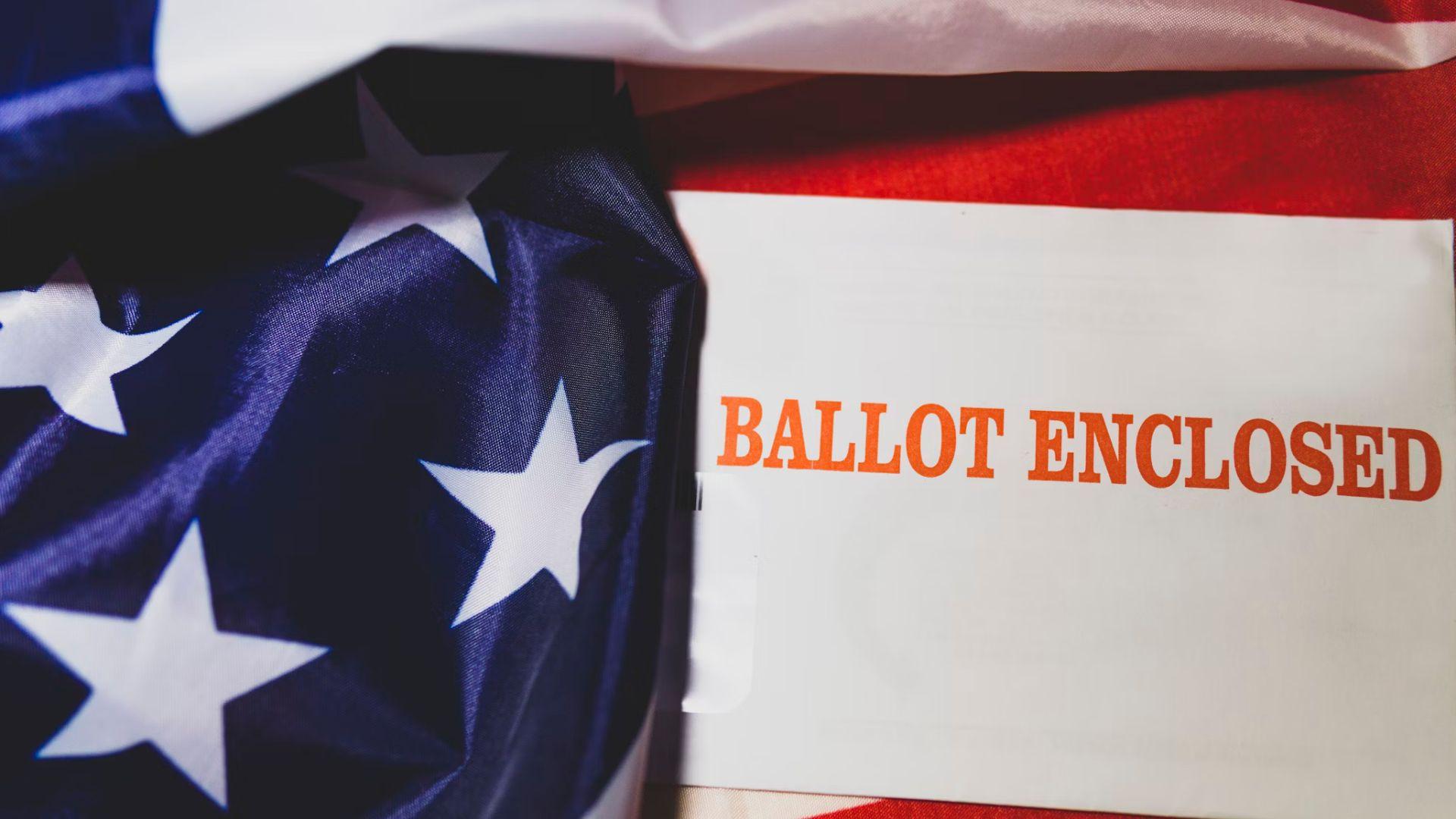
Source: Deactivated Account/Unsplash
His own polling suggests his continued candidacy might “hand the election over to the Democrats” in certain states. As the race between Trump and Harris tightens, the stakes are higher than ever.
Cornel West and the Third-Party Candidate Effect
Kennedy isn’t the only third-party candidate in the spotlight. Cornel West, another independent, has also been ordered to remain on the ballot in Michigan.

Source: Freepik
Republicans fear that RFK Jr. could siphon votes away from Trump, while Democrats worry West could do the same for Harris, adding more drama to the electoral battle.
Legal and Political Showdowns Continue
The legal battles Kennedy faces are part of a broader struggle over the role of third-party candidates in the 2024 election.

Source: Freepik
With Republicans and Democrats both maneuvering to secure their bases and win key states, the outcomes of these court cases could shape the final election results in unexpected ways.
What’s Next for RFK Jr.?
As the election draws closer, Kennedy’s next moves remain uncertain. Will he continue to fight to be removed from more ballots, or will he accept his role in the race’s unfolding drama?
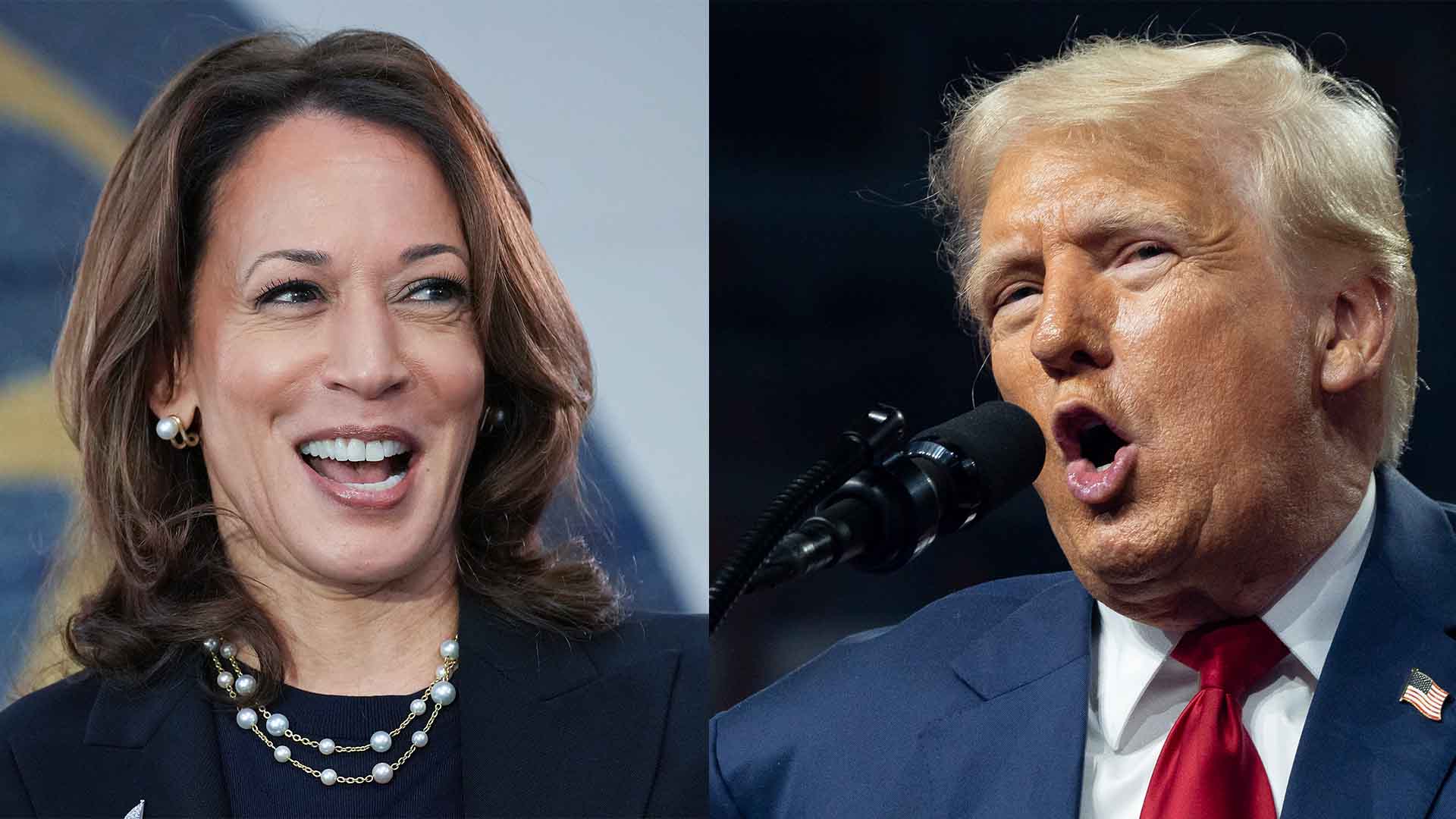
Source: Andrew Harnik/Getty Images; Rebecca Noble/Getty Images
Ultimately, RFK Jr.’s strategy has stumbled, and the legal and political ramifications of his presence on the ballot are just beginning to unfold.
